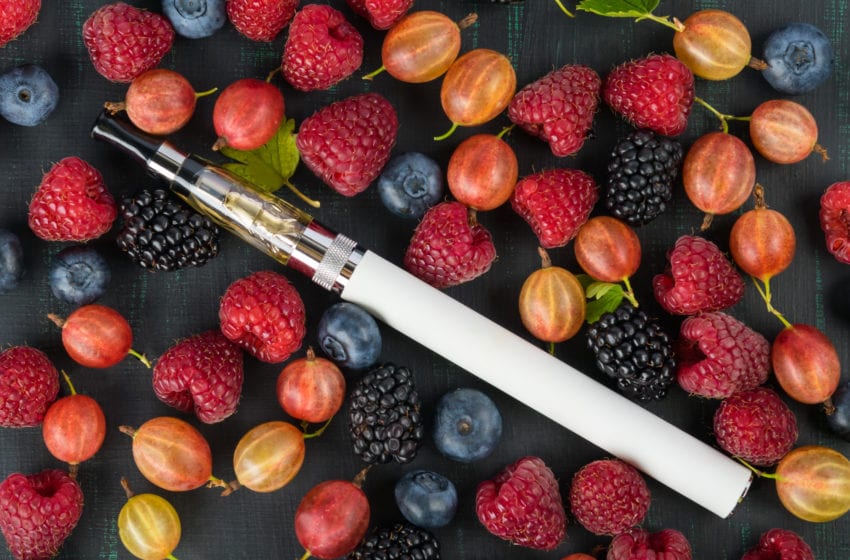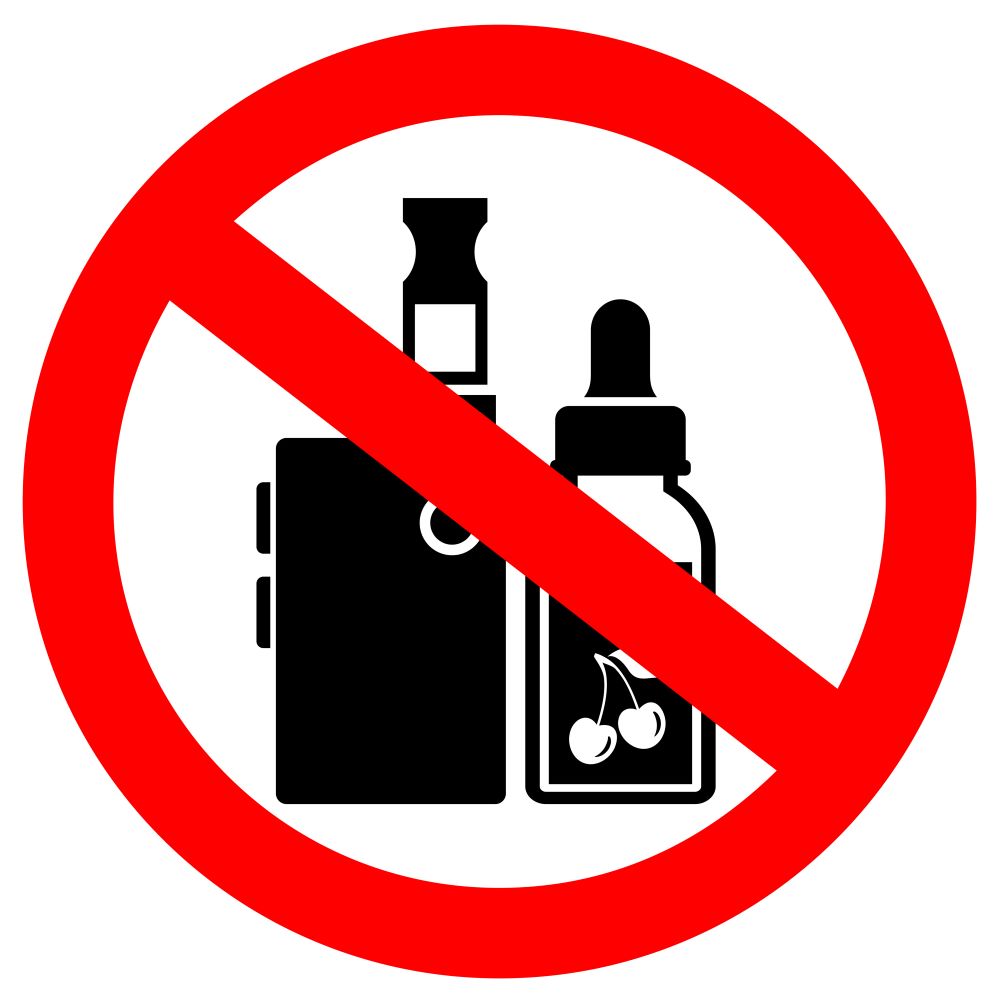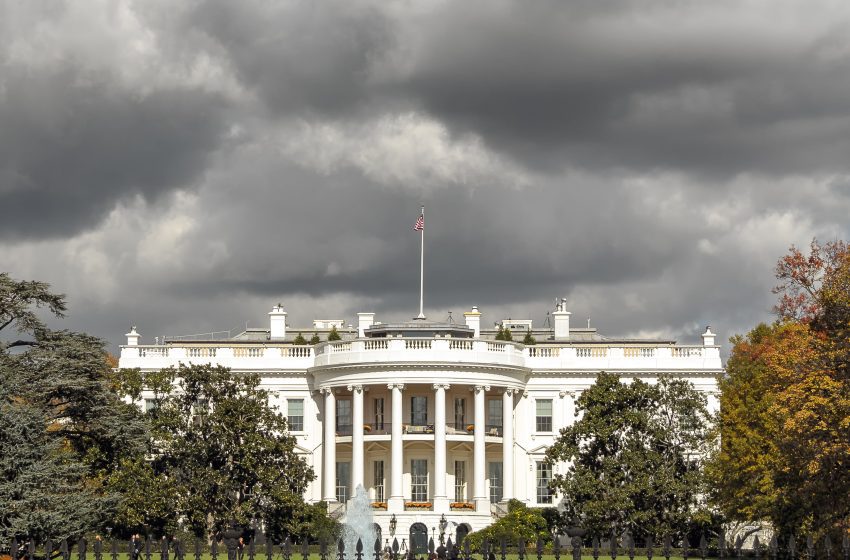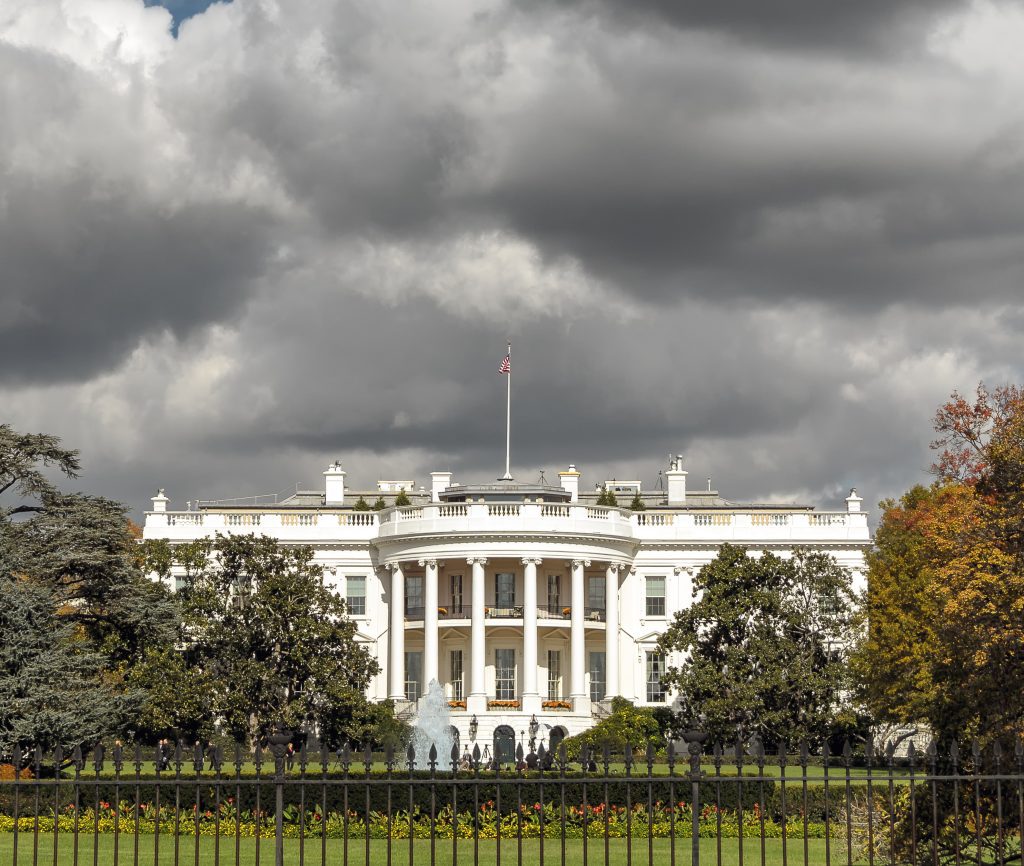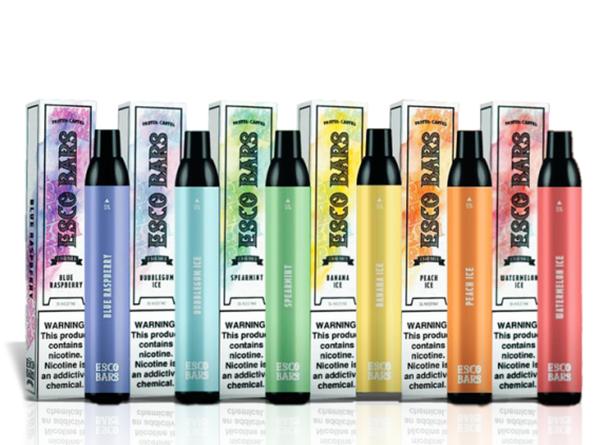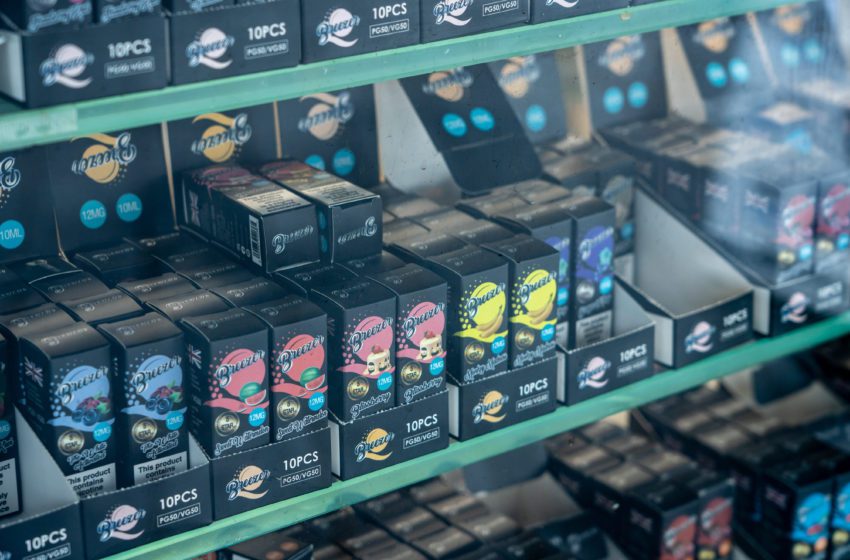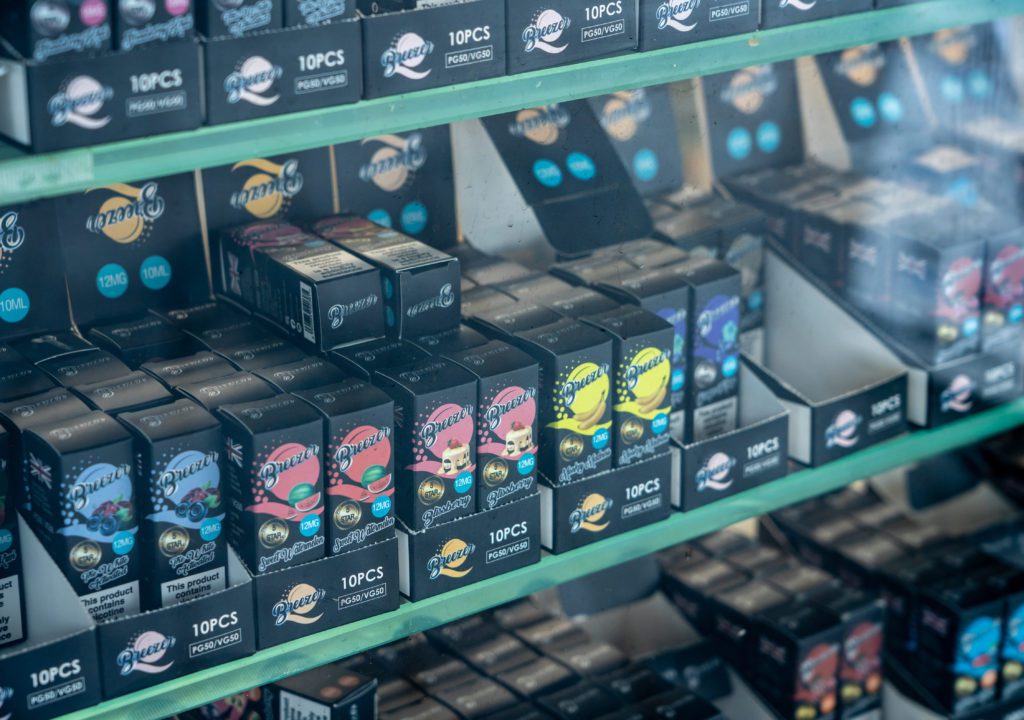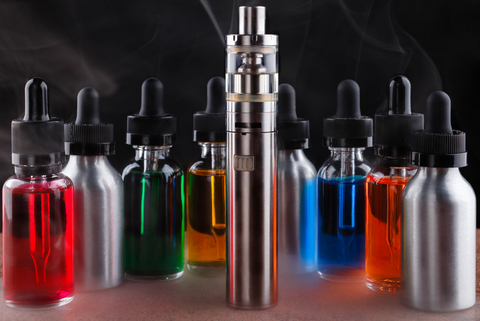
Registration is open for the virtual listening session on the development of the Center for Tobacco Products’ (CTP) five-year strategic plan, which will take place on Aug. 22 beginning at 10 a.m. EDT.
The virtual listening session is an opportunity to verbally provide open public comment on the development of the new strategic plan, including proposed strategic goals. After introductions, the center will begin the listening session with an overview of the process used to develop the CTP’s strategic plan, including proposed goal areas.
Registered speakers will then have approximately four minutes each to verbally share their comments on any topics related to the strategic plan. Submit a request to verbally provide open public comment by Aug. 14 at 11:59 p.m. EDT.
Registration also includes a “listen-only” option for those who want to attend the session but do not request to speak. Listen-only registration slots are unlimited, but registration is required. There is no deadline to register for listen-only slots.
In addition to this listening session, the public can submit electronic or written comments to the Federal Register notice. Electronic comments must be submitted, and written comments must be postmarked, by Aug. 29.


